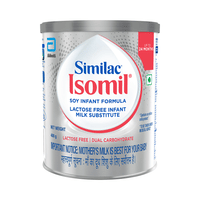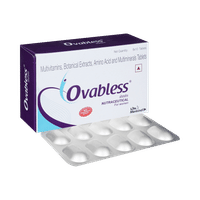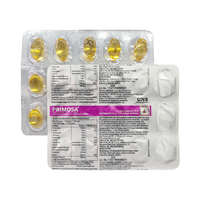food interaction for Labtocin Injection
alcohol interaction for Labtocin Injection
pregnancy interaction for Labtocin Injection
lactation interaction for Labtocin Injection
food
alcohol
pregnancy
lactation
No interaction found/established
It is not known whether it is safe to consume alcohol with Labtocin 5IU Injection. Please consult your doctor.
CONSULT YOUR DOCTOR
Labtocin 5IU Injection is safe to use during pregnancy. Most studies have shown low or no risk to the developing baby.
SAFE IF PRESCRIBED
Labtocin 5IU Injection is safe to use during breastfeeding. Human studies suggest that the drug does not pass into the breastmilk in a significant amount and is not harmful to the baby.
SAFE IF PRESCRIBED
SALT INFORMATION FOR Labtocin 5IU Injection
Oxytocin(5IU)
Labtocin injection uses
{med_name} is used for post-delivery bleeding and induction of labour. It may also be used to control post-delivery bleeding.
How labtocin injection works
Labtocin 5IU Injection stimulates the contraction of the uterine muscles during delivery. It also helps to control post-delivery bleeding.
Common side effects of labtocin injection
Vomiting, Headache, Uterine contractions, Nausea
SUBSTITUTES FOR Labtocin Injection
26 Substitutes
26 Substitutes
Sorted By
 Rs. 18.71pay 173% more per ml of Injection
Rs. 18.71pay 173% more per ml of Injection Rs. 17.34pay 153% more per ml of Injection
Rs. 17.34pay 153% more per ml of Injection Rs. 16.81pay 145% more per ml of Injection
Rs. 16.81pay 145% more per ml of Injection Rs. 17.63pay 157% more per ml of Injection
Rs. 17.63pay 157% more per ml of Injection Rs. 16.99pay 148% more per ml of Injection
Rs. 16.99pay 148% more per ml of Injection
Expert advice FOR Labtocin Injection
- Oxytocin is a hormone, which is used in induction of labor.
- It is also used to control post-delivery bleeding.
- It is given intravenously (into a vein) or intramuscularly (into the muscle) by a doctor or healthcare provider in a hospital or clinic.
- Oxytocin may cause temporary uterine contractions for a few days.
- Before receiving Oxytocin, you should tell your doctor if you have a history of premature labor, surgery of uterus, or caesarean section.
Frequently asked questions FOR Labtocin 5IU Injection
Oxytocin
Q. What is Labtocin 5IU Injection and for what it is used for?
Labtocin 5IU Injection is an injectable preparation, which contains Oxytocin. Oxytocin is a hormone, produced naturally by the body. As a medicine, it is used to start or improve the contractions during labor (childbirth) process. It may also be used to minimize the bleeding after childbirth.
Q. How and in what dose can it be used?
It is given as an injection, only at the hospital or clinic by the medical healthcare professional. The dose is decided by the doctor, depending on the contraction pattern or the current medical situation of the patient.
Q. Is there any special precaution should I follow?
Your doctor, would take the proper medical history, and evaluate you before giving this medicine. You should tell the detailed medical history to your doctor. Tell to your doctor if you previously had a premature delivery, or c-section, or any other uterine or cervical surgery.






















